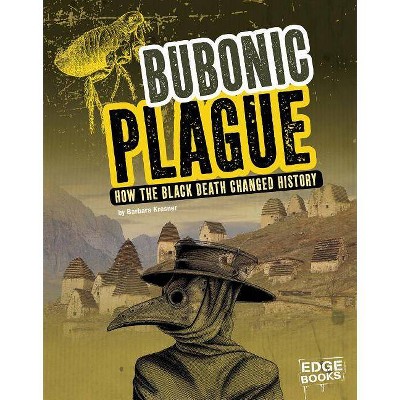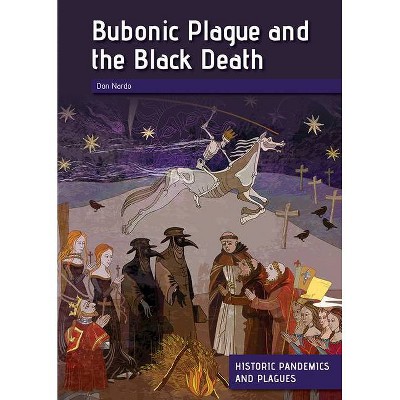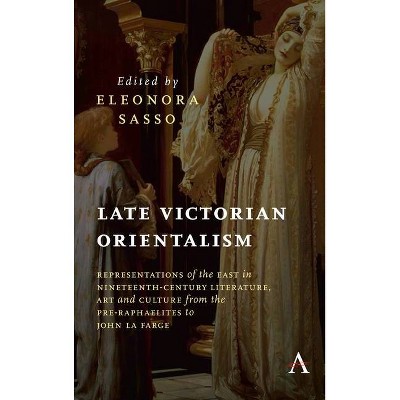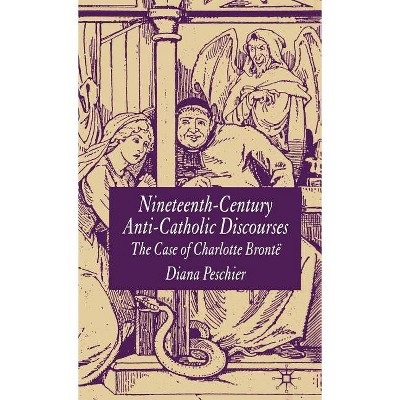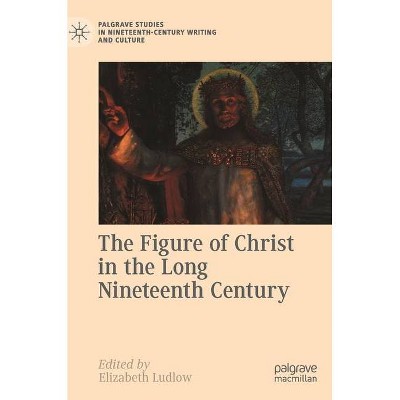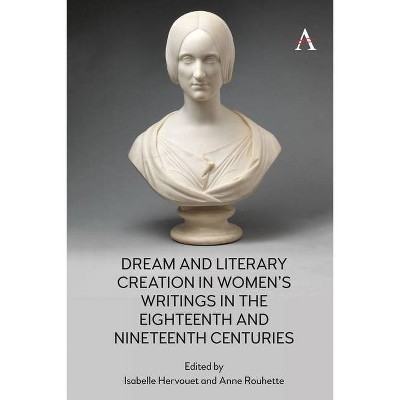Bubonic Plague in Nineteenth-Century China - by Carol Benedict (Hardcover)
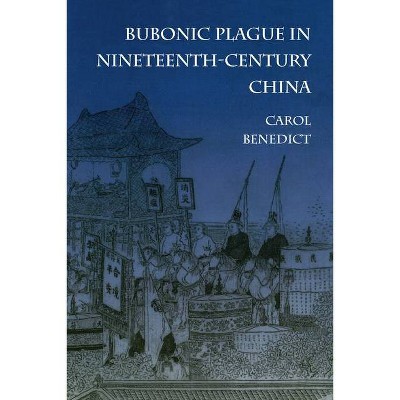
Similar Products
Products of same category from the store
AllProduct info
<p/><br></br><p><b> About the Book </b></p></br></br>This book, the first work in English on the history of disease in China, traces an epidemic of bubonic plague that began in Yunnan province in the late eighteenth century, spread throughout much of southern China in the nineteenth century, and eventually exploded on the world scene as a global pandemic at the end of the century.<p/><br></br><p><b> Book Synopsis </b></p></br></br>This book, the first work in English on the history of disease in China, traces an epidemic of bubonic plague that began in Yunnan province in the late eighteenth century, spread throughout much of southern China in the nineteenth century, and eventually exploded on the world scene as a global pandemic at the end of the century.<p/><br></br><p><b> From the Back Cover </b></p></br></br>"This is an outstanding work on one of the major diseases of world history. It is particularly important because most of what we know of the historic impact of diseases on society is based on the European experience. Presenting new and little-known material on the history of bubonic plague in China, Carol Benedict offers an original analysis of how economic growth and development in late Qing China produced ecological changes that promoted the spread of plague. The book will greatly broaden our understanding of the social history of disease, and it provides an excellent model of how to do this kind of research."--Ann Janetta, University of Pittsburgh<br>"Should interest a broad audience-- those interested in the history of medicine, modern world history, and late imperial and modern Chinese history. . . . But Benedict does not restrict her analysis to China. By applying a regional systems model . . . she contributes to the comparative history of disease." --Journal of Asian Studies<p/><br></br><p><b> Review Quotes </b></p></br></br><br>Should interest a broad audience-- those interested in the history of medicine, modern world history, and late imperial and modern Chinese history. . . . But Benedict does not restrict her analysis to China. By applying a regional systems model . . . she contributes to the comparative history of disease.--<i>Journal of Asian Studies</i><br><br>This is an outstanding work on one of the major diseases of world history. It is particularly important because most of what we know of the historic impact of diseases on society is based on the European experience. Presenting new and little-known material on the history of bubonic plague in China, Carol Benedict offers an original analysis of how economic growth and development in late Qing China produced ecological changes that promoted the spread of plague. The book will greatly broaden our understanding of the social history of disease, and it provides an excellent model of how to do this kind of research.--Ann Janetta "University of Pittsburgh"<br><p/><br></br><p><b> About the Author </b></p></br></br>Carol Benedict is Assistant Professor of History at Georgetown University.
Price History
Price Archive shows prices from various stores, lets you see history and find the cheapest. There is no actual sale on the website. For all support, inquiry and suggestion messages communication@pricearchive.us
